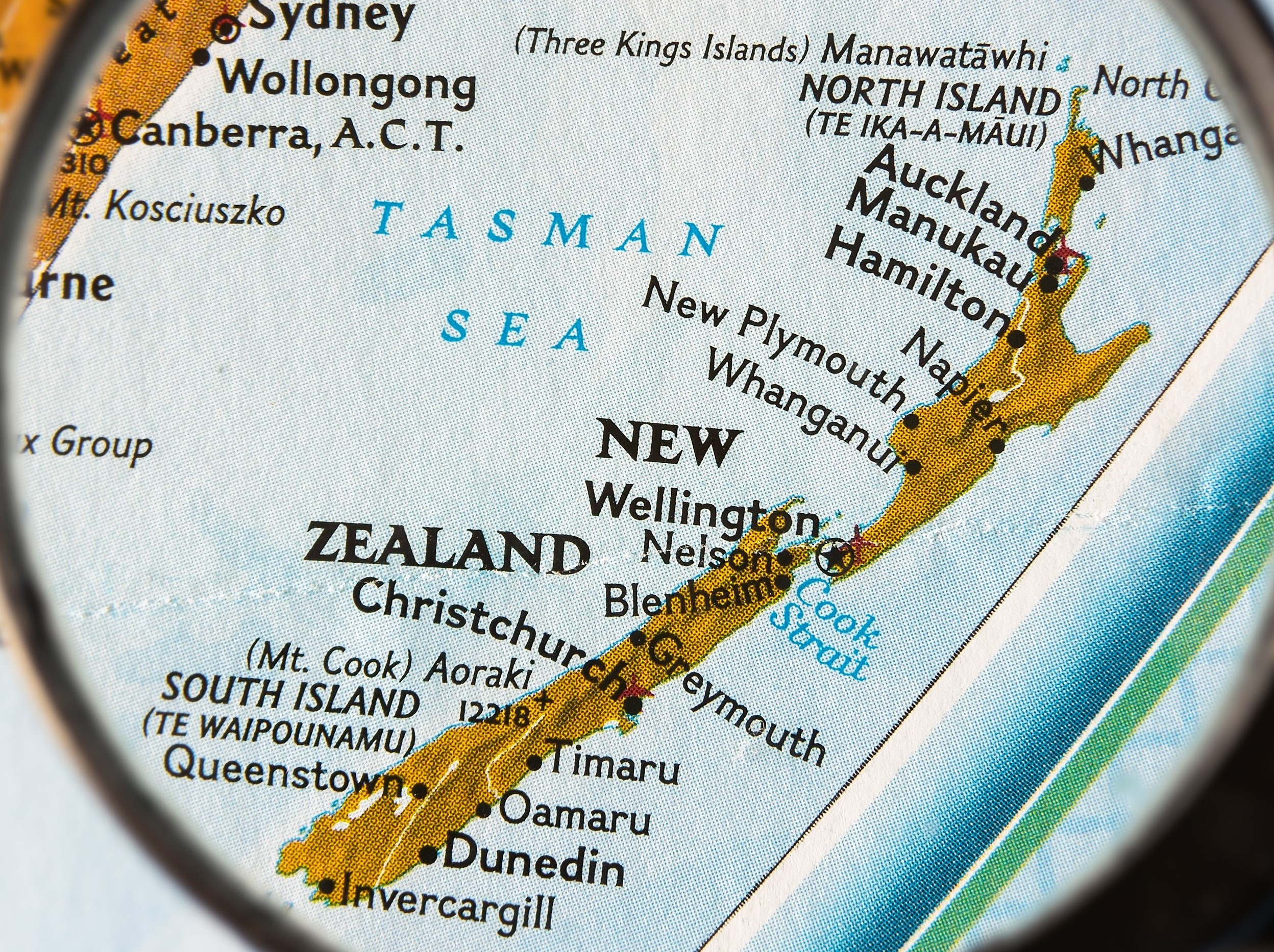Serial entrepreneur Mark Loveys explains why for many export-focused businesses the local New Zealand market makes the ideal test-bed.
In many ways New Zealand is an ideal place to develop and test new products and business concepts.
New Zealand has a positive, ‘can-do’ culture, where most potential customers are receptive to new businesses and new ideas. Furthermore, we are effectively a small-scale model of many of the world’s larger economies.
We have supportive government agencies in New Zealand, including NZTE, Callaghan Innovation and Kea, that are mandated to help New Zealand businesses succeed in international markets. We also have very active and approachable angel investor networks, such as the Ice Angels, Flying Kiwi Angels, Enterprise Angels, NZVIF and others that can help with early-stage funding of new businesses.
Many big-name global companies have branch offices here. This can be useful for building up a New Zealand client base that includes names that will be recognisable in the larger markets, as well as the possibility of opening potential sales opportunities later with their other branches outside New Zealand.
Make sure you do all you can to get some high quality client case studies produced with any big-name clients you secure in New Zealand – especially those that will be recognised overseas.
When starting up a new business with global ambitions, it’s important to do your international research. Identify the demographics of your target customers, identify which geographies you can access that have the largest concentration of your target customers, and importantly, how that target market is represented in your proving-ground market, New Zealand.
Be clear on the fact that you are proving the viability of your product or service in New Zealand, but this is not your ultimate target market. Don’t allow the viability or value of your business to be measured on New Zealand metrics alone.
Keep in mind that New Zealand is your testing ground for not only your product and/or service, but also the processes of your business. Some processes might need to be adapted when you move to an overseas market, but it’s likely that many will stay the same. It might be that you decide to keep a lot of the back-office functions of your business within New Zealand after you shift your sales and marketing focus overseas. In general, you’ll find costs are lower in New Zealand and value for money is higher than many other geographies.
In the era of Internet business, time zones are more the issue than geography for many business functions.
Research the competitors you will need to compete with in your ultimate target geographies. You might or might not come across them in the New Zealand market.
If your product or service aims at a particular ‘vertical market’, keep in mind that a small market like New Zealand tends to make us widen our focus to compensate for a lack of customers within our chosen more-narrow focus.
Larger markets tend to better reward businesses with a narrower focus.
Small markets like New Zealand are great for producing ‘Jacks and Jills’ of all trades, whereas larger markets tend to reward the narrow-focused specialists with more repeat business to greater numbers of niche customers.
Timing your overseas move
Identify and plan your timing and process for shifting to another market. In other words; at what point is your product or business concept well enough proven and when will you start reaching the limits of the market size in New Zealand?
Staying focused on the New Zealand market too long can be harmful in terms of missed opportunities overseas, whereas moving too soon might mean you are ill-prepared.
New Zealand is generally well-regarded internationally. I have found that clients in larger markets usually have no objection to dealing with a New Zealand supplier, so long as you can assure them that you can provide the back-up service and support they require, as and when they need it. This will often involve locating key people to the new geography and/or ensuring your business is open and accessible during your target time-zone’s business hours.
Your early months in a new geographical market will be mainly about learning what is different and what is the same compared to what you learnt in the New Zealand market.
You’ll be busy making new contacts and acclimatising to the new market.
You might have built up a good collection of marketing material and client case studies in New Zealand featuring New Zealand clients, but you’ll find that you’ll need to quickly produce the same for your new geography, featuring local clients and localised language.
Taking your business from New Zealand to a larger overseas market is a stressful, fun, challenging and potentially rewarding process.
This article was first published in the September 2018 issue of NZBusiness, Part 8 of a ten-part series ‘Garage to Global’ by Mark Loveys to help businesses take their ideas to the world.
Mark Loveys has been dubbed one of New Zealand’s most successful serial software entrepreneurs. He was the original developer of Exonet, the ERP software suite now called MYOB Exo, and former chairman and co-founder of Datasquirt.
As co-founder and former CEO of Enprise Group, Mark helped establish EMS-Cortex ‘cloud control panel’ software as a leading international solution and was instrumental in the sale of EMS-Cortex to Citrix in 2011.




